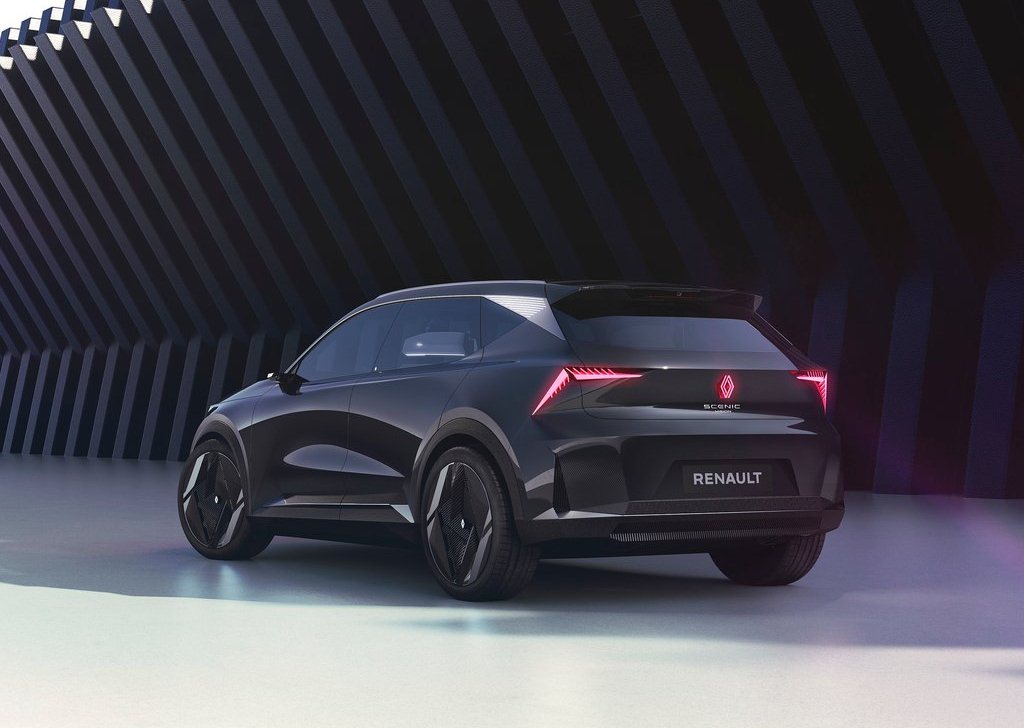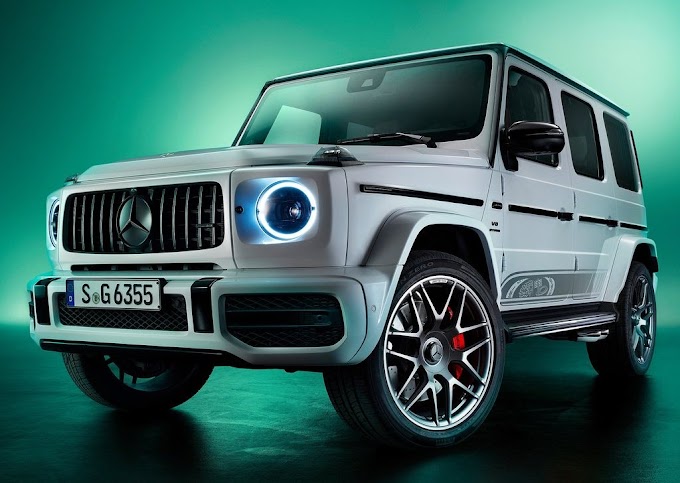The automotive industry's transformation will be more than complex: it will be total! The paradigm has shifted: the world is now aware that it is fragile. This applies to climate change as much as natural resources and the models underpinning society. There is a broad consensus around the need for change. The goal now is to turn this collective awareness into a motor for a greener, safer, more inclusive future. The challenges surrounding climate change, resource preservation and evolving mobility habits are radically reshaping the automotive industry's value chain. Through its Raison d'Etre (Purpose) and its ongoing Renaulution strategic plan, Renault Group and its brands have embarked on an extensive transformation, shifting the focus away from volume and towards economic, environmental and social value, and have set their sights on carbon neutrality in Europe by 2040 and worldwide by 2050. To achieve this, the Renault brand is for example aiming for an entirely electric range in Europe by 2030. The Group, which was one of the first to venture into the electric vehicle arena over a decade ago, will do much more to advance decarbonisation than reduce emissions in use. Today Renault is unveiling its Renault Scenic Vision concept car, which embodies its sustainable development commitments and encapsulates them in a vehicle. It takes Renault's decarbonisation plan and adapts it to the full life-cycle of a vehicle.
HYBRID POWER: ELECTRIC PLEASURE FACILITATED BY HYDROGEN
Transport accounts for 23% of CO2e* emissions worldwide, and 45% of those emissions come from passenger travel on roads. Renault, which has been spearheading electric mobility in Europe for more than 10 years, is looking into alternatives to address the full range of mobility requirements. The Renault Scenic Vision concept car is powered by a one-of-a-kind hybrid - electric and hydrogen - propulsion system. It has a new-generation motor-engine, a smaller battery, with a smaller carbon footprint, and a fuel cell running on green hydrogen. And it is ushering mobility into a completely new age, which the Group believes is viable for the coming decade.
A customised powertrain
Renault Scenic Vision's 160 kW electrically excited synchronous motor derives directly from All-new Renault Megane E-TECH Electric's motor and is made at the plant in Cléon. It uses no rare-earth elements, which helps to reduce its carbon footprint and create a responsible and sustainable ecosystem. The 40 kWh battery is recyclable and will be made in France by 2024 at the Renault ElectriCity Gigafactory. It is two times lighter, smaller and actually costs less than a battery for a similar electric vehicle. And it has a 16 kW fuel cell to recharge it during long drives and thus extend its range. In 2030 and beyond, once the network of hydrogen stations is large enough, you will be able to drive up to 800 km - or, for instance, 750 km from Paris to Marseille - without stopping to charge the battery. You will only have to stop for 5 minutes or less to fill the hydrogen tank. So, once you leave Paris, a 5-minute stop in Lyon, say, will be enough to reach Marseille.














![2026 Kia Sportage [EU] Review: A Refined European Crossover with Bold Style and Electrified Options](https://blogger.googleusercontent.com/img/b/R29vZ2xl/AVvXsEgqMRwJE1m90uCMgRSB6oc4bAzmAaKXJlNoCwavK5fXHaphLYY1sUVXdxUC94zuj95CdjDG2SqRnUBYMqta-dapTLIaHhzEdJAS821ldVMQOKfAZNpQlZ5fYTwKzKbKj8ad9QeKlaQPcNLRZ6zaGvuXhsg1kQ6zQCQqYtjmOM8q9u-a7Nl3WYjp773OLXJR/w680/2026%20Kia%20Sportage%20%5BEU%5D_01.jpg)






0 Comments